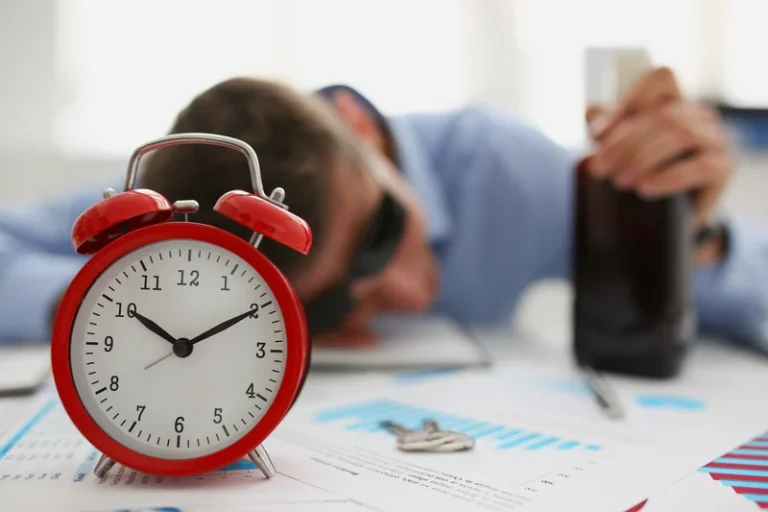The Angry Drunk: How Alcohol and Aggression Are Linked

Some people are more prone to trouble controlling their anger while drinking than others. People who are more focused on the present than the future are more likely to become angry and aggressive under the influence of alcohol, for example, Science Daily publishes. Additionally, those who already have difficulties with executive functions and impulse control are more liable to become angry, aggressive, and violent when their self-regulatory skills are further impaired by alcohol, ABC warns. Start by thinking about your feelings regarding alcohol and anger. Have family members or others mentioned concerns about your alcohol consumption? Did you recently experience an incident that stemmed from your alcohol-related aggression?
Over The Counter Drug Addiction

Dealing with alcoholism and anger your anger when you’re sober will help you avoid going into a rage when you’re drinking. Alcoholism, a chronic and progressive disorder, is characterized by a compulsive need to consume alcohol, despite the negative consequences it may have on one’s physical, mental, and social well-being. Anger, on the other hand, is an emotion that can range from mild irritation to intense rage, and it can manifest in various ways, such as verbal outbursts, physical aggression, or passive-aggressive behaviors. However, this relationship is a bit more turbulent when it comes to recovering alcoholics and anger. In general, expressing appropriate emotions is a skill that addicts struggle with early in their recovery. Nevertheless, it is important to remember to support your ongoing recovery and long-term sobriety; learning how to identify, deal with, and control anger is paramount.

How Yoga for Addiction Recovery Works

Specifically, it found that problematic drinkers may be more likely to attend to aggressogenic stimuli while intoxicated, and that is, they were more likely to experience certain cues as aggressive. If you or someone you love is battling aggression and alcohol misuse, help is available. Consult with a mental health professional and/or an addiction specialist who can provide resources and recommendations for treatment options. Some of the biological factors that contribute to alcoholism may also play a role in increasing the risk of intimate partner violence. Such factors including head injury, neurochemistry, physiological reactivity, metabolism, and genetics.
Support Resources for Individuals Struggling with Alcoholism and Anger
- These content outlines provided reminders as to the manualized session content relevant to each therapy session.
- Exercises, such as running or kickboxing, can be a good way to burn off any rage.
- When a person struggles with both alcohol addiction and anger management problems, the issues exacerbate each other.
- Do you ever wonder why it feels so easy to confront your anger when you’re drinking?
People known to have anger outbursts on alcohol can end up destroying relationships. Even the people who care about them the most can be unable or unwilling to continue to tolerate the abuse. An earlier study found that alcohol use enhanced aggression primarily among individuals who showed a heightened disposition for such behavior (Eckhardt and Crane, 2008).

Why is anger so common among people who drink?
Anger management issues may be rooted in a specific mental health disorder in some cases. Some studies highlight the impairment caused by alcohol consumption on processing emotional faces. One such study involved a sample of 85 social drinkers who were described as being low or high trait anger based on their responses to the anger expression index of the State-Trait Anger Expression Inventory-2 (STAXI-2) (Eastwood et al., 2020). They first consumed alcohol and were asked to recognize the emotions of different faces on a computer task. Specifically, they exhibited a reduced capacity to detect sadness and fear and a reduced tendency towards seeing happiness.
- Learning the root causes of your AUD and identifying the triggers for your anger is a healthy and necessary process.
- We utilize both traditional and holistic therapies and are comprehensive in our approach.
- Tax relief and a three-month postponement to repaying mortgages and loans were also among the announcements, which Sanchez likened to the state’s intervention during the Covid-19 pandemic to protect the economy and livelihoods.
- Alcohol consumption can have a significant impact on the brain’s chemistry and function, which can in turn influence emotional regulation and the expression of anger.
- A person should be able to express and deal with their emotions in a proper manner.
Impulse control is affected, and individuals under the influence of alcohol may have a shorter fuse than they otherwise would. This is not to say that alcohol causes aggression, https://ecosoberhouse.com/article/the-5-risks-of-drinking-after-work/ or serves to makes someone angry, in and of itself; however, it may be a contributing factor when it comes to difficulties controlling these emotions. In addition, alcohol abuse and addiction can result in poor anger management skills. Further, we tested whether this predictive ability varied as a function of treatment condition.
The Failure to Consider Future Consequences and Its Impact on Aggression
- While it may seem like anger is the most common emotion caused by alcohol, it may not be that straightforward.
- If one of our articles is marked with a ‘reviewed for accuracy and expertise’ badge, it indicates that one or more members of our team of doctors and clinicians have reviewed the article further to ensure accuracy.
- Not to mention, recovering alcoholics that don’t manage anger are at higher risk of relapse.
- This aggressive behavior may result in other issues, such as verbal abuse.
- As a whole, alcohol use naturally heightens emotions, and for people who are predisposed to aggressive tendencies, it can quickly make bad scenarios worse.
- Below the surface, hidden emotions such as grief, fear, shame, and embarrassment often fuel anger.
Alcohol is linked to anger and aggression more than any other psychotropic substance.7 While not all drinkers become angry, someone who is predisposed to anger can become more aggressive when they drink alcohol. Many people who have an alternate personality when they drink look back on it clarity when they sober up. Sometimes the shame of facing the things they did while intoxicated causes them to start drinking again, proliferating a vicious circle of substance use and abuse.

Third, including both cognitive and relaxation coping skills provides a range of coping skills to assist most individuals with anger problems, i.e., this intervention addresses anger issues for most people. Meditation can help clients to relax physical tension, become more self-aware, and work toward creating a healthy mind-body balance. Other holistic methods are often used during a comprehensive addiction and anger management treatment program as adjunctive, or complementary, treatment methods. Massage therapy can help to relieve physical tension and therefore promote mental clarity. Expressive therapies provide healthy, and often nonverbal, outlets for the expression of negative and difficult emotions. Finally, support groups provide encouragement and hope for recovery.

